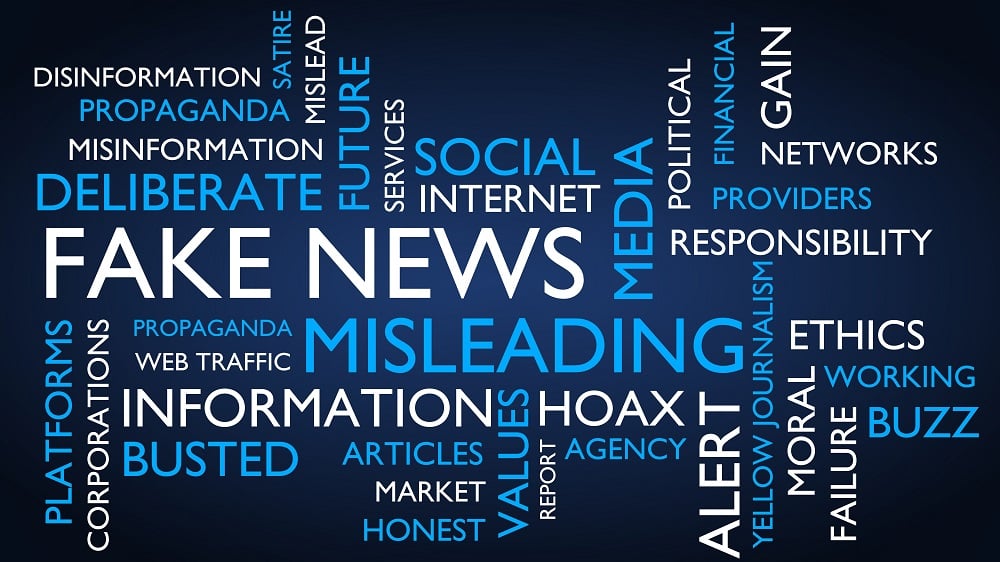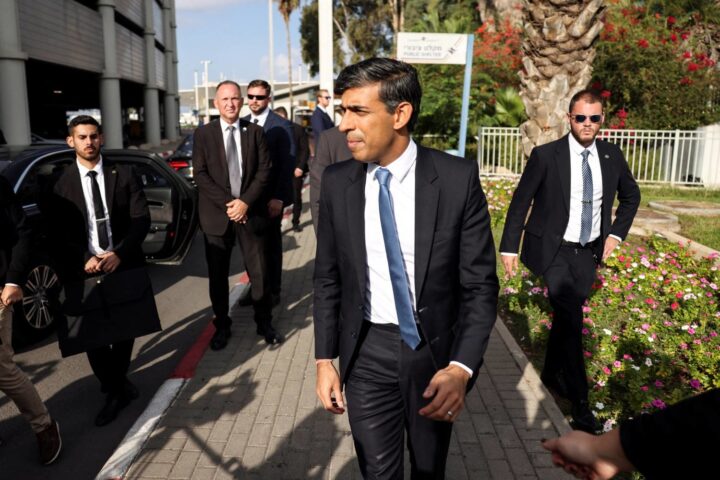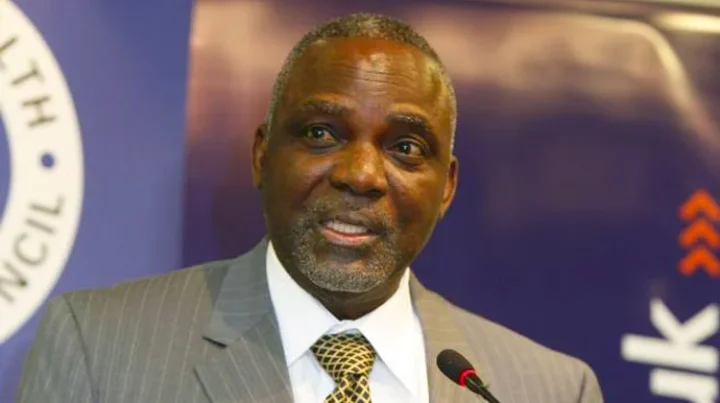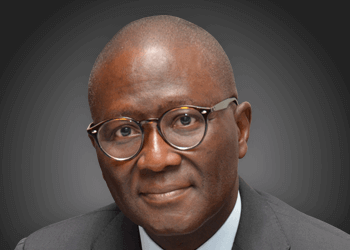The challenge of disinformation is not new, it dates back to centuries in human history. It only gained sophistication during the 20th century with the advent of mass media, digital technology and internet penetration. Propaganda and disinformation have always been a tool to manipulate public opinion, control narratives, and engineer national conversations.
Belief systems strongly influence the spread of disinformation by capitalizing on cognitive biases, preexisting beliefs, and the desire for information that confirms one’s views, thereby bolstering its credibility and acceptance.
Deception is the core element of disinformation. Deceptive techniques may include false narratives, fabricated evidence, selective use of facts, or distorted information.
HISTORY OF PROPAGANDA AND DISINFORMATION
Advertisement
Ancient civilizations, such as the Romans and Greeks, utilized misinformation to achieve their political and military objectives.
A significant use of disinformation on a mass scale pre-20th century occurred during World War I and II. In the course of both wars, governments heavily employed propaganda to influence perceptions of the enemy in order to bolster support for the war effort. Propaganda was also engaged in shaping public opinion and disseminating both true and false information.
DISINFORMATION IN THE DIGITAL AGE
Advertisement
With the availability of the internet which empowers the use of social media, misinformation and disinformation are now on a new level of sophistication, making it difficult to distinguish fact from fiction.
Platforms like X, Facebook, TikTok, and YouTube have greatly amplified real-time information but also exacerbated the spread of disinformation. Malicious users exploit these platforms to spread falsehoods, manipulate opinions, and create discord. Both foreign actors and domestic entities have been implicated in using social media to influence elections and public discourse.
WEAPONISATION OF DISINFORMATION IN ELECTIONS
In the 2023 Nigerian elections, disinformation was heavily weaponized as a political tool to deceive voters. Core tactics involved discrediting political rivals with falsehoods and promoting preferred candidates using alternative reality.
Advertisement
The European Union election observation mission, via its post-election report, submitted to the Nigerian government, alleged that some top-ranking politicians “promoted information published by a suspicious website”, which went viral before it was debunked.
The term “fake news” which gained widespread use about a decade ago has now become a buzzword used to describe fabricated or misleading information presented as genuine news.
Disinformation actors distort quotes, fabricate statements, and manipulate videos to deceive the public. They extract comments from their original context or selectively edit them to harm opponents’ reputations or dishonestly promote preferred candidates.
TheCable rigorously fact-checked election claims during the campaign and extensively researched tactics employed by politicians, supporters, and fake news sites.
Advertisement
DISINFORMATION AND ITS DEVASTATING EFFECT ON PUBLIC HEALTH
COVID-19 disinformation caused harm, leading to adverse health effects and loss of life. Misleading details on the virus, its spread, prevention, and treatment bred confusion and distrust in health guidelines. False information minimized the virus’s seriousness, denying its presence and promoting risky behaviour.
Advertisement
In Sierra Leone, a woman died from shock after being falsely informed that three students at her daughter’s school had died from the COVID-19 vaccine. Rushing to the school to prevent her daughter from getting vaccinated, she discovered the information was untrue. Suffering from pre-existing cardiac conditions, the shock triggered a fatal cardiac attack as she raced to the school. Regrettably, she passed away before reaching the hospital.
Still on health, numerous baseless herbal remedies for cancer, typhoid, erectile dysfunction, fibroids, and other ailments circulate on Facebook. TheCable, with expert assistance, debunked a false claim suggesting lemon peels could outperform chemotherapy in curing cancer.
Advertisement
DISINFORMATION LEADS TO FINANCIAL LOSS, REPUTATION DAMAGE
In addition to harming health and politics, disinformation has led to financial losses for social media users, who fall victim to online scammers posing as reputable entities, as highlighted in a prior report by TheCable.
Advertisement
In October 2022, a fake African Independent Television (AIT) page announced a collaboration with the Nigeria Customs Service (NCS) and the National Agency for Food and Drug Administration and Control (NAFDAC) to sell seized food at discounted rates. Fraudsters now openly impersonate genuine businesses, using Ponzi schemes and evolving tactics to deceive victims.
In April, scammers posed as Peter Okoye (Mr. P), a popular singer, defrauding a woman of 1.5 million naira. They claimed association with Okoye’s Zoom Lifestyle but were arrested in Lagos.
Zoom Lifestyle is a lottery service offering substantial cash rewards, prizes, concert tickets, and business mentorship. Okoye repeatedly clarified it’s a lottery company, not an investment platform. Additionally, fraudulent activities have exploited other well-known brands, including Barrick Gold and Norland, on social media.
DISINFORMATION STANDS IN THE WAY OF CLIMATE PROGRESS
Misleading narratives about climate change downplay its urgency, hindering effective action and policy development. Disinformation is a significant barrier, potentially funded by opposing interest groups.
Disinformation actors who sow doubts about scientific consensus – with claims such as “climate change is a hoax” – delay decisive actions, worsening its impacts and constraining mitigation and adaptation time. TheCable has consistently debunked such claims.
SUSTAINABLE APPROACH TO COUNTERING DISINFORMATION
Despite the tangible efforts by governments, organisations, and tech companies to combat disinformation, unfortunately, the challenge remains, causing significant societal damage.
While fact-checking, policies, awareness campaigns, and media literacy initiatives have recorded some results, there’s a need for further action to address this social problem effectively.
ABCD APPROACH TO TACKLING DISINFORMATION
Addressing disinformation requires a multifaceted approach involving media literacy, fact-checking, education, and policy interventions, encouraging critical thinking, and promoting accurate and reliable sources of information. In addition, it has become very important to hold those who spread disinformation accountable.
In 2019, Camille François, the chief innovation officer at Graphika, developed the disinformation “ABC” framework to delineate and analyse influence operations. This framework characterizes the contemporary landscape of malicious influence using three primary criteria:
Manipulative Actors: Individuals or groups demonstrating evident intent to disrupt democratic processes or the information ecosystem.
Deceptive Behaviors: Tactics and strategies employed by manipulative actors to mislead and manipulate.
Harmful Content Propagation: Dissemination of content aimed at inflicting damage or subverting individuals, organisations, or public interests, thereby exerting influence over public discourse.
Distribution Channel: the dissemination of disinformation is significantly influenced by the digital architectures of online platforms. Different online platforms have specific network structure, functionality, algorithmic filtering, and data processing – which shape user behaviour and information reach. This further shows the importance of focusing not only on actors, behaviour, and content but also on distribution channels.
Addressing disinformation necessitates a comprehensive examination of crucial aspects like bad actors, deceptive behaviour, content, and distribution channels. Often, the focus is primarily on fact-checking content, but this may not sustainably balance with the imperative to uphold freedom of speech in a democratic society.
INCLUSION OF FACT-CHECKING IN SCHOOL CURRICULUM
Encouraging citizen fact-checking through integration into secondary school and higher education curricula, particularly for media and journalism students, holds significant potential as a game changer.
Increased collaboration between tech and organisations, such as emulating Code for Africa in its approach to providing result-oriented collaboration with media entities, is essential to effectively combat both local and foreign influence operations in the information ecosystem.
In addition, tech companies must go beyond paying lip service and superficial efforts. They should prioritize substantial collaboration with fact-checking organisations to enhance the dissemination of accurate information and amplification of published fact-checks for wider reach.
The recent monetization policy of X (formerly Twitter) needs reevaluation due to its role in propagating disinformation. X should explore partnerships with independent and reputable news agencies to authenticate user-shared content and address this issue effectively.
This article was produced with mentorship from the African Academy for Open Source Investigations (AAOSI), to tackle disinformation that undermines our democracies, as part of an initiative by the International Centre for Journalists (ICFJ) and Code for Africa (CfA). Visit https://disinfo.africa/ for more information.
Add a comment







